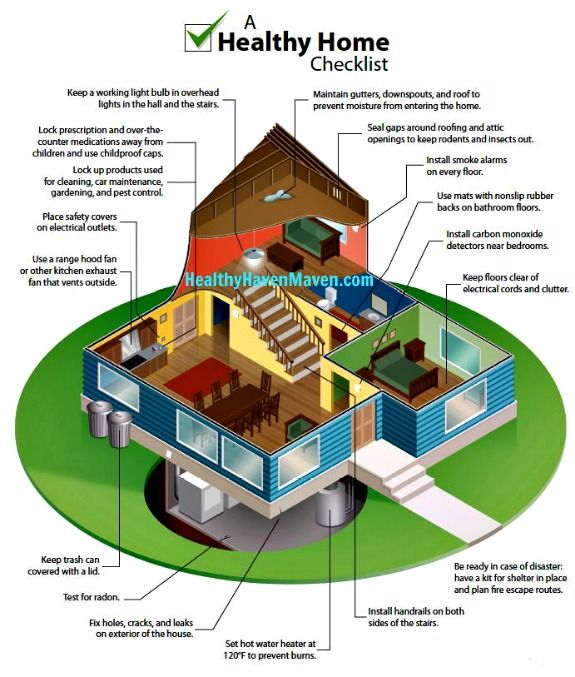The Future Of Home Heating - How Heatpump Technology Is Progressing
The Future Of Home Heating - How Heatpump Technology Is Progressing
Blog Article
Composed By-Skaaning Stack
Heat pumps will be a vital innovation for decarbonising home heating . In a scenario consistent with federal governments' introduced power and environment dedications, their global capacity increases by 2030, while their share in home heating rises to one-quarter.
They function best in well-insulated homes and rely upon electrical energy, which can be supplied from a sustainable power grid. Technical breakthroughs are making them more reliable, smarter and cheaper.
https://power-washing-stucco-hous62849.sharebyblog.com/29216798/exposing-usual-misconceptions-and-misunderstandings-regarding-warm-pumps utilize a compressor, refrigerant, coils and fans to move the air and warm in homes and appliances. They can be powered by solar power or electrical power from the grid. They have been acquiring appeal because of their inexpensive, peaceful operation and the capability to produce electrical energy during peak power need.
Some business, like IdaTech and BG MicroGen, are working with gas cells for home heating. These microgenerators can replace a gas central heating boiler and create some of a residence's electric demands with a link to the electricity grid for the rest.
However there are factors to be doubtful of using hydrogen for home heating, Rosenow states. It would certainly be expensive and ineffective compared to various other technologies, and it would certainly add to carbon emissions.
Smart and Connected Technologies
Smart home technology enables home owners to connect and manage their devices from another location with the use of smartphone applications. For instance, clever thermostats can learn your heating choices and immediately adjust to enhance energy consumption. Smart lights systems can be controlled with voice commands and immediately turn off lights when you leave the area, decreasing power waste. And smart plugs can monitor and manage your electric use, allowing you to identify and limit energy-hungry home appliances.
The tech-savvy home illustrated in Carina's interview is a great picture of exactly how owners reconfigure room heating techniques in the light of new smart home modern technologies. They depend on the devices' computerized features to perform day-to-day adjustments and regard them as a hassle-free ways of performing their heating methods. Thus, they see no factor to adapt their techniques further in order to make it possible for flexibility in their home power demand, and treatments targeting at doing so might deal with resistance from these households.
Electricity
Considering that heating homes represent 13% of US exhausts, a switch to cleaner options might make a large distinction. But the technology deals with difficulties: It's pricey and needs substantial home remodellings. And it's not always suitable with renewable resource sources, such as solar and wind.
Until recently, electrical heatpump were as well pricey to compete with gas versions in many markets. However brand-new developments in layout and materials are making them much more inexpensive. And better chilly climate performance is enabling them to operate well even in subzero temperature levels.
The following action in decarbonising home heating may be the use of warmth networks, which attract warmth from a main source, such as a close-by river or sea inlet, and disperse it to a network of homes or buildings. That would reduce carbon exhausts and permit homes to make the most of renewable resource, such as eco-friendly electrical energy from a grid provided by renewables. This option would be much less expensive than switching to hydrogen, a nonrenewable fuel source that calls for new infrastructure and would just minimize CO2 exhausts by 5 percent if coupled with boosted home insulation.
Renewable Energy
As electrical energy rates go down, we're beginning to see the very same fad in home heating that has actually driven electrical cars into the mainstream-- however at an even quicker pace. The strong climate situation for impressive homes has actually been pushed additionally by new research.
Renewables represent a considerable share of modern warm intake, but have been provided minimal policy attention around the world compared to various other end-use markets-- and even much less focus than electricity has. Partly, this reflects a mix of consumer inertia, split rewards and, in several nations, aids for nonrenewable fuel sources.
New innovations can make the shift easier. For example, heat pumps can be made extra energy reliable by changing old R-22 cooling agents with brand-new ones that don't have the high GWPs of their precursors. https://window-shine28271.digitollblog.com/29124683/are-heat-pumps-one-of-the-most-efficient-a-c-option-for-your-home-a-relative-analysis visualize district systems that attract heat from a close-by river or sea inlet, like a Norwegian arm. The warm water can after that be used for cooling and heating in a neighborhood.